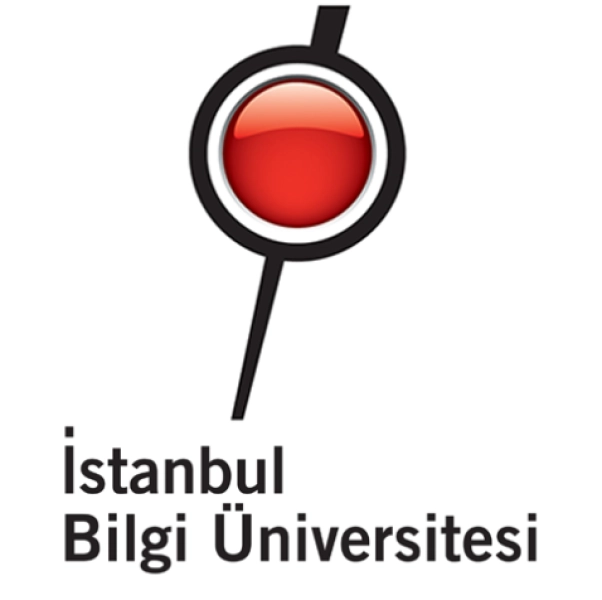College: Vocational School
The Information Security Technology major focuses on protecting information and digital systems from threats and security breaches. Students acquire skills in cybersecurity, network security, encryption, risk management, and ethical hacking, preparing for careers in information security, cyber defense, IT risk management, and related fields.
Learning Objectives:
- Understand the principles of information security and cybersecurity.
- Develop skills in network security and encryption.
- Learn risk management and incident response techniques.
- Explore ethical hacking and penetration testing.
- Analyze security policies and regulatory compliance.
- Develop critical thinking, problem-solving, and technical skills.
- Gain practical experience through projects and internships.
Main Outline:
- Introduction to Information Security - Overview of information security principles, history, and industry trends.
- Network Security - Basics of securing computer and communication networks.
- Encryption - Principles of encryption and decryption techniques to secure data.
- Risk Management - Methods for identifying, assessing, and managing security risks.
- Incident Response - Techniques for responding to and recovering from security incidents.
- Ethical Hacking and Penetration Testing - Principles of ethical hacking and conducting penetration tests to identify vulnerabilities.
- Security Policies and Compliance - Understanding and implementing security policies and compliance regulations.
- Secure Software Development - Principles of developing secure software and applications.
- Cyber Defense Strategies - Techniques to defend against cyber threats and attacks.
- Digital Forensics - Methods of investigating and analyzing digital evidence.
- Portfolio Development - Creating a professional portfolio showcasing information security skills.
- Hands-on/Applied training - Real-world experiences in cybersecurity firms, IT departments, or security consulting companies.
- Capstone Project - Comprehensive project applying information security skills, such as developing a security policy, conducting a risk assessment, or performing a penetration test.
Assessment Methods:
- Analysis of information security principles
- Network security projects
- Encryption projects
- Risk management projects
- Incident response projects
- Ethical hacking and penetration testing projects
- Security policies and compliance projects
- Secure software development projects
- Cyber defense strategies projects
- Digital forensics projects
- Portfolio development projects
- Internship reports
- Capstone projects and presentations
Recommended Textbooks:
- "Introduction to Information Security"
- "Network Security"
- "Encryption"
- "Risk Management"
- "Incident Response"
- "Ethical Hacking and Penetration Testing"
- "Security Policies and Compliance"
- "Secure Software Development"
- "Cyber Defense Strategies"
- "Digital Forensics"
- "Portfolio Development"
Prerequisites:
Basic knowledge of computer science and networking, and an interest in information security.
Program Duration:
Typically 4 years for a Bachelor's degree in Information Security Technology.
Certifications:
Graduates can obtain certifications such as:
- Certified Information Systems Security Professional (CISSP)
- Certified Ethical Hacker (CEH)
- Certified Information Security Manager (CISM)
- Certified Information Systems Auditor (CISA)
- Certifications in specific cybersecurity tools and software
Target Audience:
Aspiring cybersecurity specialists, information security analysts, IT risk managers, ethical hackers, and professionals seeking careers in cybersecurity firms, IT departments, security consulting companies, and related fields. This major equips students with the analytical and technical skills needed to excel in information security technology and support careers in various roles within cybersecurity firms, IT departments, security consulting companies, and related domains.











